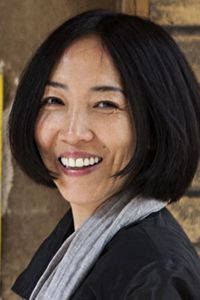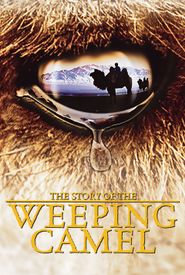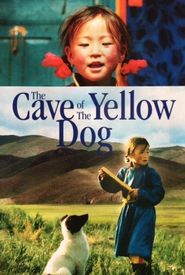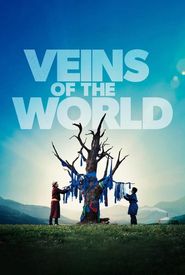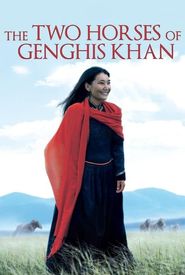From 1995 to 1998, Davaa invested a significant amount of time and effort in honing her skills at the esteemed Movie Academy in Ulaanbaatar, Mongolia, a renowned institution that has a long history of producing talented and innovative filmmakers.
As she culminated her academic pursuits, she embarked upon a professional journey that would forever alter the trajectory of her life's journey, accepting prestigious positions as a moderator and director's assistant at the esteemed Mongolian National Television in the year 1998.
As she delved deeper into her passion for knowledge and creative expression, her desire for new experiences and opportunities led her to make a significant decision, namely, to relocate to Munich, Germany, in the year 2000. This pivotal move marked a turning point in her life, as she sought to challenge herself and further develop her skills and expertise in a new and stimulating environment.
As Davaa's career in the film industry began to take shape, she started to make a notable impact during this specific period of time. In the year 2003, she embarked on a significant milestone by penning and helming her inaugural feature-length film, "The Story of the Weeping Camel". This cinematic masterpiece garnered widespread recognition and accolades from the film community, earning her a multitude of prestigious awards. Among these notable honors were the Best Documentary Film award at the esteemed Bavarian Film Awards, the Best Documentary award at the 57th Directors Guild of America Awards, and a nomination for the coveted Best Documentary award at the 77th Academy Awards.
Notable filmmaker Davaa's cinematic endeavors, which have garnered widespread acclaim, include the 2006 production "The Cave of the Yellow Dog", a critically acclaimed motion picture that garnered the prestigious 2006 German Film Award for Best Children's Film.
Her subsequent works, such as the 2020 release "Veins of the World", continue to exemplify her distinctive narrative approach, which often skillfully interweaves fictional storylines within the rich cultural heritage of Mongolia's nomadic traditions.
What distinguishes Davaa's filmmaking style is her innovative reliance on amateur actors, predominantly the actual subjects of her films, who bring authenticity to their roles by playing themselves in a unique blend of documentary and fictional storytelling.
Davaa's cinematic endeavors have been marked by a profound fascination with the timeless traditions of Mongolia's nomadic communities.
Her body of work is replete with nuanced portrayals of the everyday lives of these resilient individuals, their struggles, triumphs, and quiet moments of introspection.
With an unwavering commitment to accuracy and an unshakeable empathy for her subjects, Davaa has managed to craft films that are at once a testament to her artistic prowess and a poignant tribute to the nomadic way of life.
Through her lens, we are granted a glimpse into a world that is both familiar and foreign, a world that is rich in cultural heritage and steeped in tradition.
As a filmmaker, Davaa's unique perspective and skillful storytelling have allowed her to distill the essence of Mongolia's nomadic culture, rendering it accessible and captivating to audiences worldwide.
And so, her films serve as a powerful reflection of her artistic vision, a vision that is deeply rooted in her understanding and appreciation of the world around her.
